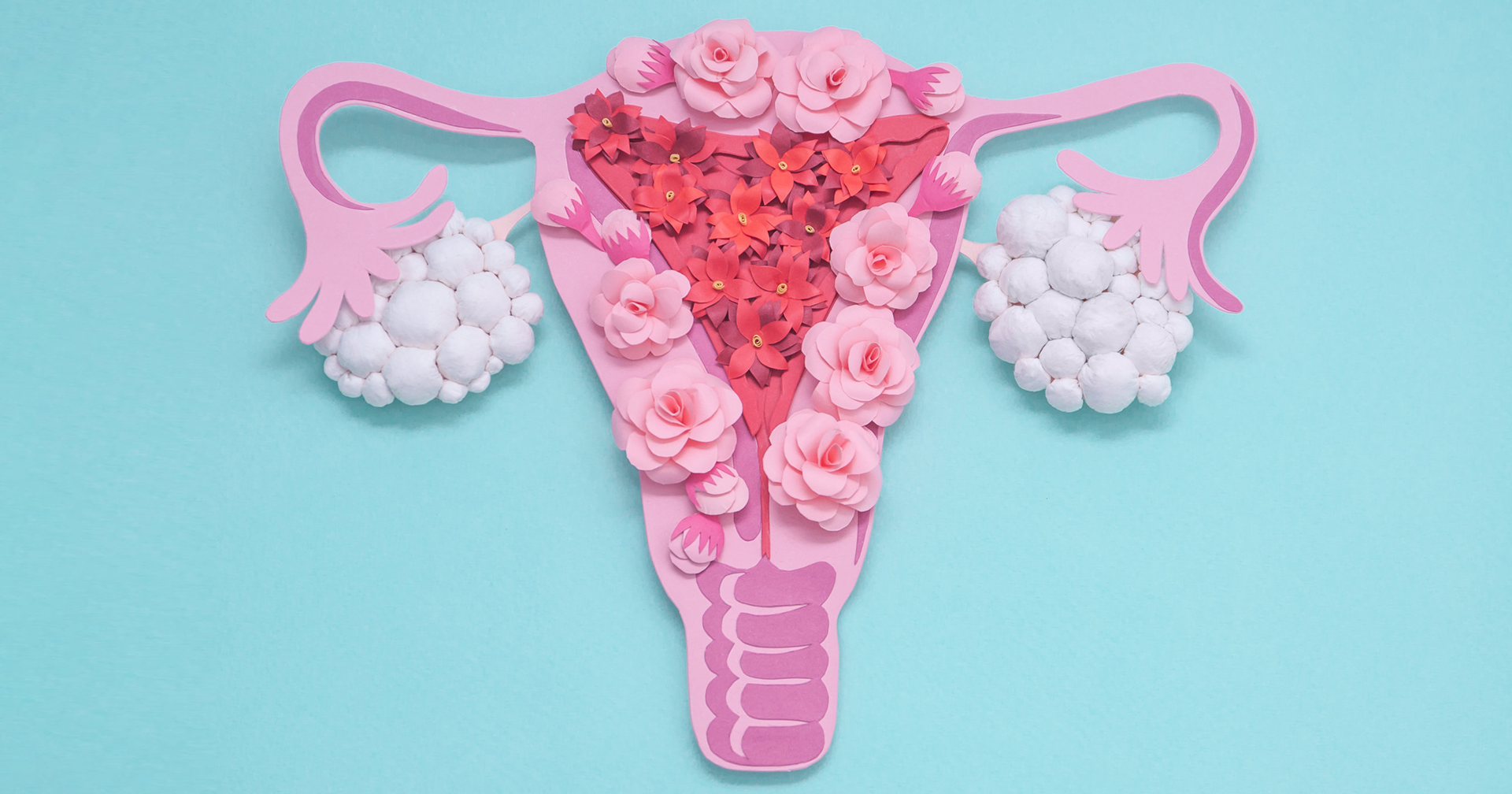Polycystic Ovary Syndrome
Polycystic ovary syndrome (PCOS) is a hormonal disorder that affects many women of reproductive age. It can cause a range of symptoms, including irregular periods, weight gain, acne, and excess hair growth. While there is no cure for PCOS, there are several things you can do to help manage the symptoms and improve your overall health.
Here are some tips on how to help yourself if you suffer from PCOS :
1. Maintain a Healthy Weight : Losing weight can help improve insulin resistance, which is a common symptom of PCOS. Aim for a healthy weight by eating a balanced diet and exercising regularly.
2. Eat a Healthy Diet : A healthy diet can help improve insulin resistance and reduce inflammation in the body. Focus on eating whole, unprocessed foods and limiting your intake of sugary and processed foods.
3. Exercise Regularly : Regular exercise can help improve insulin resistance and lower inflammation in the body. Aim for at least 30 minutes of moderate-intensity exercise, such as brisk walking, most days of the week.
4. Manage Stress : Stress can exacerbate the symptoms of PCOS. Practice stress-reducing activities such as meditation, yoga, or deep breathing.
5. Work with your Gynaecologist : Your gynaecologist can help you manage your PCOS symptoms with medications such as birth control pills or metformin, which can help regulate your menstrual cycle and improve insulin resistance.
6. Consider Supplements : Certain supplements, such as inositol, omega-3 fatty acids, and vitamin D, may help improve insulin resistance and other PCOS symptoms. However, it's important to talk to your healthcare provider before starting any new supplements.
7. Get Regular Check-Ups : Regular check-ups with your gynaecologistcan help monitor your PCOS symptoms and identify any potential health concerns, such as diabetes or high blood pressure.
Overall, living a healthy lifestyle and working with yourgynaecologist can help you manage the symptoms of PCOS and improve your overall health and well-being.
Polycystic ovary syndrome (PCOS) is a common hormonal disorder among women of reproductive age. It is estimated to affect 5-10% of women of childbearing age. PCOS is caused by hormonal imbalances that affect the ovaries, leading to the growth of small cysts on the ovaries.
Symptoms :
The symptoms of PCOS can vary from person to person, but the most common symptoms include :
Irregular Periods or no Periods at all
Heavy Periods
Difficulty Getting Pregnant
Excessive Hair growth on the face, chest, or back
Acne
Weight Gain
Thinning hair on the scalp
Darkening of the skin on the neck, groin, and underarms
Fatigue
Mood Changes
Diagnosis :
There is no single test for PCOS, and the diagnosis is usually made by a doctor after ruling out other possible conditions. Your doctor may perform a physical exam, take a medical history, and order blood tests to check hormone levels.
Treatment :
The treatment for PCOS depends on the symptoms and the severity of the condition. There is no cure for PCOS, but there are treatments that can help manage the symptoms. Treatment options may include :
Hormonal birth control to regulate menstrual cycles and reduce excessive hair growth and acne
Medications to stimulate ovulation in women who are trying to conceive
Lifestyle changes such as losing weight, exercising regularly, and eating a healthy diet to help manage symptoms
Medications to lower insulin resistance, which can help regulate hormone levels and improve symptoms
Complications :
If left untreated, PCOS can lead to a number of health complications, including :
Infertility
Type 2 Diabetes
High Blood Pressure
Sleep Apnea
Depression and Anxiety
Endometrial cancer (cancer of the lining of the uterus)
Prevention :
There is no known way to prevent PCOS, but maintaining a healthy weight and exercising regularly may help reduce the risk of developing the condition or help manage symptoms if you already have it.








